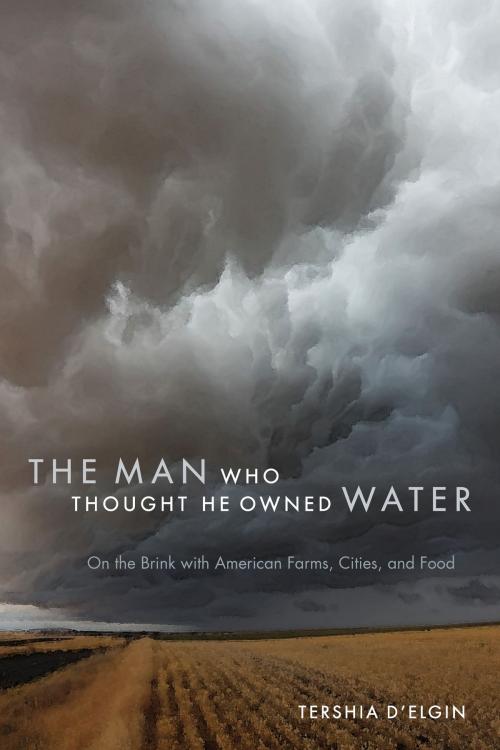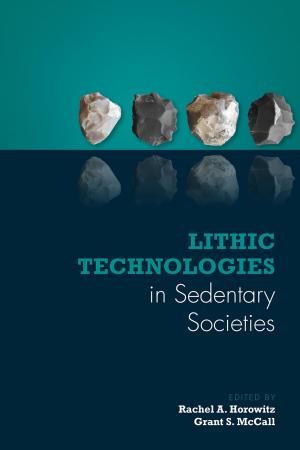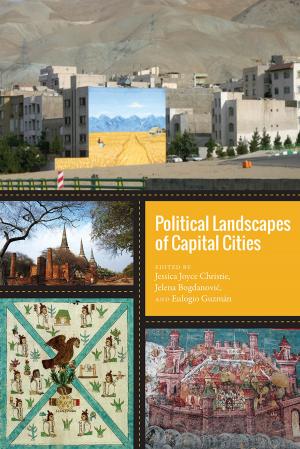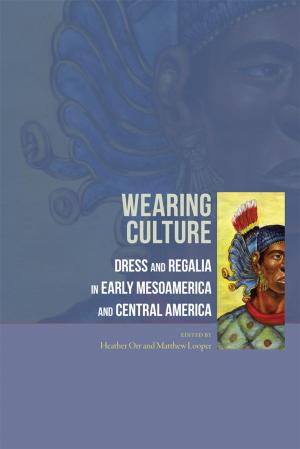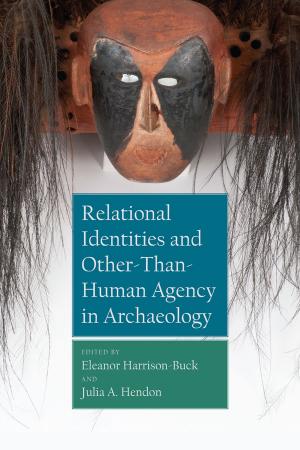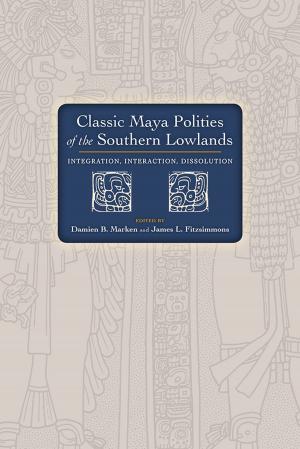The Man Who Thought He Owned Water
On the Brink with American Farms, Cities, and Food
Nonfiction, Science & Nature, Nature, Environment, Natural Resources| Author: | Tershia d'Elgin | ISBN: | 9781607324966 |
| Publisher: | University Press of Colorado | Publication: | August 15, 2016 |
| Imprint: | University Press of Colorado | Language: | English |
| Author: | Tershia d'Elgin |
| ISBN: | 9781607324966 |
| Publisher: | University Press of Colorado |
| Publication: | August 15, 2016 |
| Imprint: | University Press of Colorado |
| Language: | English |
The Man Who Thought He Owned Water is author Tershia d’Elgin’s fresh take on the gravest challenge of our time—how to support urbanization without killing ourselves in the process. The gritty story of her family’s experience with water rights on its Colorado farm provides essential background about American farms, food, and water administration in the West in the context of growing cities and climate change. Enchanting and informative, The Man Who Thought He Owned Water is an appeal for urban-rural cooperation over water and resiliency.
When her father bought his farm—Big Bend Station—he also bought the ample water rights associated with the land and the South Platte River, confident that he had secured the necessary resources for a successful endeavor. Yet water immediately proved fickle, hard to defend, and sometimes dangerous. Eventually those rights were curtailed without compensation. Through her family’s story, d’Elgin dramatically frames the personal-scale implications of water competition, revealing how water deals, infrastructure, transport, and management create economic growth but also sever human connections to Earth’s most vital resource. She shows how water flows to cities at the expense of American-grown food, as rural land turns to desert, wildlife starves, the environment degrades, and climate change intensifies.
Depicting deep love, obsession, and breathtaking landscape, *The Man Who Thought He Owned Water *is an impassioned call to rebalance our relationship with water. It will be of great interest to anyone seeking to understand the complex forces affecting water resources, food supply, food security, and biodiversity in America.
The Man Who Thought He Owned Water is author Tershia d’Elgin’s fresh take on the gravest challenge of our time—how to support urbanization without killing ourselves in the process. The gritty story of her family’s experience with water rights on its Colorado farm provides essential background about American farms, food, and water administration in the West in the context of growing cities and climate change. Enchanting and informative, The Man Who Thought He Owned Water is an appeal for urban-rural cooperation over water and resiliency.
When her father bought his farm—Big Bend Station—he also bought the ample water rights associated with the land and the South Platte River, confident that he had secured the necessary resources for a successful endeavor. Yet water immediately proved fickle, hard to defend, and sometimes dangerous. Eventually those rights were curtailed without compensation. Through her family’s story, d’Elgin dramatically frames the personal-scale implications of water competition, revealing how water deals, infrastructure, transport, and management create economic growth but also sever human connections to Earth’s most vital resource. She shows how water flows to cities at the expense of American-grown food, as rural land turns to desert, wildlife starves, the environment degrades, and climate change intensifies.
Depicting deep love, obsession, and breathtaking landscape, *The Man Who Thought He Owned Water *is an impassioned call to rebalance our relationship with water. It will be of great interest to anyone seeking to understand the complex forces affecting water resources, food supply, food security, and biodiversity in America.
